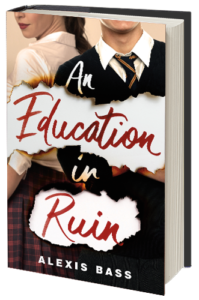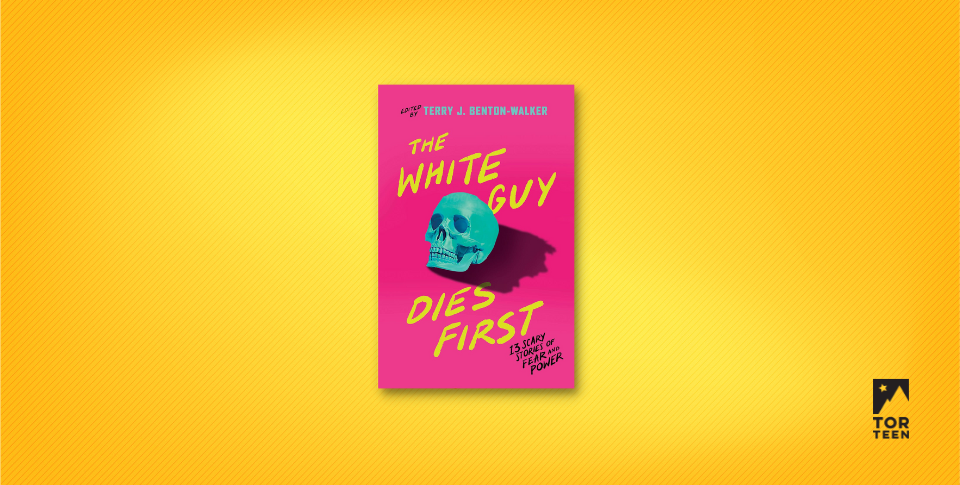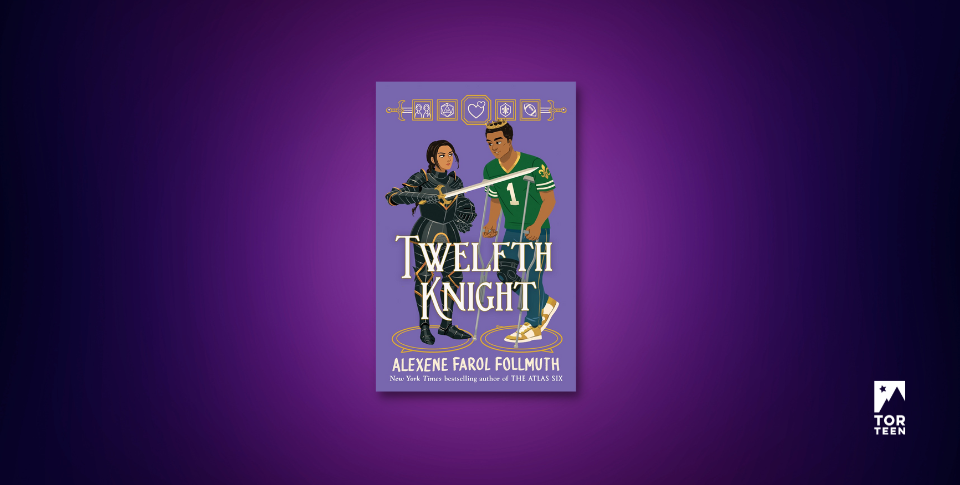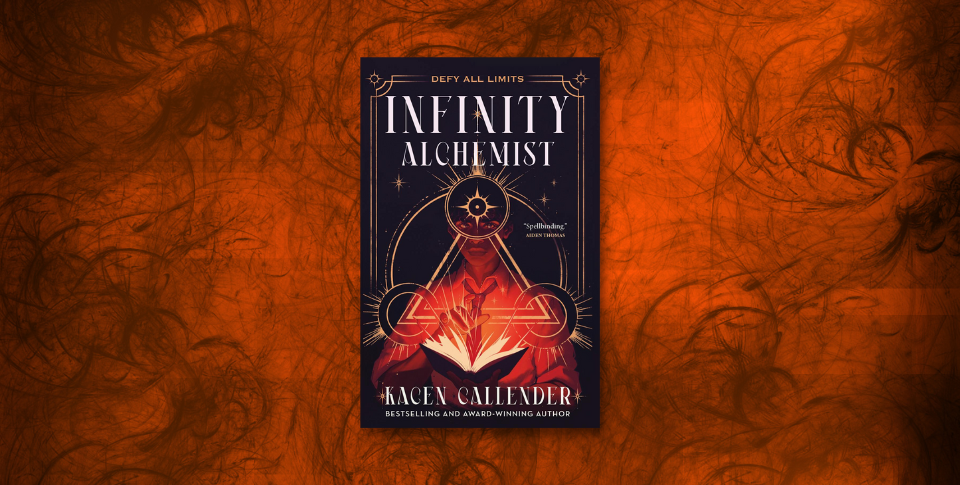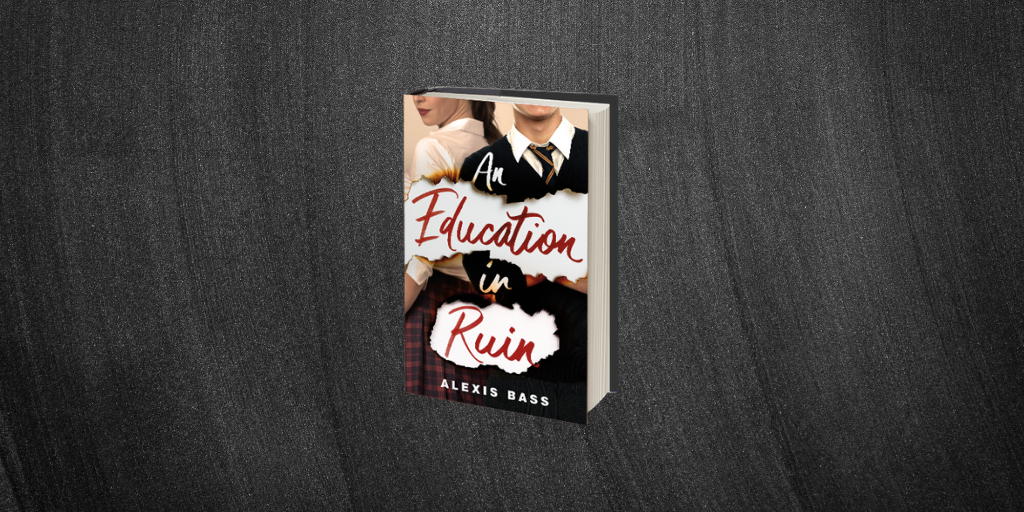
From Alexis Bass, the acclaimed author of Happily and Madly, comes this lush and sophisticated tale of scandal, greed, love, and revenge, An Education in Ruin.
The Mahoney brothers are the golden boys of Rutherford Institute.
Collins Pruitt is going to ruin them.
Theo Mahoney is well-connected and popular. He’s charming and beloved. But he’s hiding something.
Jasper Mahoney is lauded for his intellect and athleticism. He’s studious and focused. But he isn’t as impenetrable as he seems.
Collins will earn their trust—and then she’ll destroy them. But the closer she gets, the more she questions the reason she was sent to Rutherford in the first place…and if it’s possible to ruin the Mahoneys without also destroying herself.
Read an excerpt of An Education in Ruin—coming July 7th.
One
[dropcap type=”circle”]I[/dropcap] find him in the study hall entrance of the library, right where he’s supposed to be. He’s past the rows of long oak tables topped with dark metal lamps, leaning against a wooden column. Above us is a towering ceiling ignited by the outside light through stained-glass windows. My loafers shuffle against the floorboards as I approach him, passing a collection of students perched with their heads bowed over books, already at it even though classes don’t start for two days. It’s as beautiful as a cathedral, and this is how the students at the Rutherford Institute worship.
His eyes scan the room, taking their time before they land on me as I make the journey to get to him. I can tell by the way his gaze flickers away before it returns to me, that I’m not what he was imagining.
He looks exactly as he did in the photos. Tall, with a cascade of brown curls that seem chaotic in the way they lie against his head, but also purposeful in the way they stay out of his eyes. His maroon blazer is perfectly tailored to fit his narrow shoulders and lengthy figure, and he’s wearing a gray striped tie, even though a tie technically isn’t required since this isn’t an official school day.
“Collins Pruitt?” he says as I approach, keeping his voice low. I nod. “You must be Jasper.”
I notice a small red welt on his upper lip, like he must’ve nicked himself shaving, and I smile because there it is, a glaring imperfection. He’s a fourth year and a Rutherford Institute legacy, with three lacrosse championships under his belt, breaking the school’s twenty-year dry spell. He was accepted early to Dartmouth after being lauded into academic stardom last year when he won the national academic decathlon, setting some kind of record for the most right answers and the quickest time answering the final round. He spent last summer interning at Robames Inc., a world-popular company, because their founder is a twenty-year-old Yale dropout and a Rutherford graduate herself. Jasper was the only high school intern they’ve taken on in the two years since they’ve been in existence. All this to say—he’s an academic savant and a lacrosse god, but this cut on his face is proof of his humanity. He’s like everyone else. I don’t need to be so nervous.
“This way.” He leads me past the archway and down a corridor lined with glass-paneled doors. He rotates the brass knob of the third door on the right and holds it open for me as I walk into the private study room he must’ve reserved for today. After he turns on the light, closes the door behind him, and we each take a seat across from the other at the table, he sets his books down so their spines are facing me, and I wonder if that’s on purpose, to make sure I can see that he’s studying molecular chemistry and theoretical physics and moral philosophy.
“According to your entrance exam, you had trouble with limits and derivatives,” he says, barely looking at me. He makes no time for pleasantries; he’s all business, so very serious, and while I figured he would be like this, I’m still surprised by his intensity. “I thought today we would focus on limits, since they’ll be covered in the first few lessons of your calculus class, and that way you won’t have to play catch-up from the start. Okay?”
“Okay.”
I scramble to pull a notebook and pencil out of my bag, as Jasper flips the textbook open and starts writing down equations in his own notebook, explaining each step and pointing to the correlating lesson in the book as he continues.
“Can you—hold on—slow down?”
“Slow down?” he asks as though he doesn’t understand this combination of words.
“Yeah,” I say. “Yes,” I amend, remembering it’s more proper than Yeah. “Can you go back—go back to this part?” I turn to the previous page.
“Sure. If that’s what you need.” There’s judgment in his voice. I’m not sure why he’s being so uptight—borderline rude—
when the whole point of this overview is to prepare me for my first year at Rutherford, coming in as a third year in a subject where I placed weak on the entrance exam.
He flips to a fresh page of notebook paper and starts to rework the equations he already did, talking deliberately slower this time. “Wait—” I cut in, blocking his pencil with mine to get him to stop writing. He takes a deep, measured breath. “Sorry.” I tap my pencil at the part of the equation I don’t understand. “What’s the reason for this?”
“It’s the same thing I did in the first equation. You see?”
I don’t. But there is a time to argue and a time to observe, and this is the time for the latter. I keep my mouth shut the rest of the session.
When the hour is up, I thank him. “I understand now,” I say. “I feel ready.”
He nods as he repacks his things. “If you’re going to succeed here, you have to keep at a certain pace. And honestly, this is very basic stuff. You got into this school; you should have no trouble with it.”
Jasper appears to not really have an opinion about my progress, if he feels any was made. He doesn’t look smug or relieved. Just bored. I might not have had all my precalculus questions answered, but I did learn something today. Jasper doesn’t care about being a hero, rescuing a girl from academic mediocrity. He has no patience for it. It doesn’t give him a deep sense of self-satisfaction. And he definitely has no soft spot for the underdog. I venture the underdog quite annoys him, actually.
He doesn’t wait for me when we leave the library, and I don’t attempt to keep up with him, which would not be an easy feat given his legs are at least four inches longer than mine. I reach the main level and fall in line with the swarm of students on their way to the courtyard since we’re all on nearly the same schedule today. I watch from a window before I head outside with the rest of them, letting it sink in: the reality of what I’ve gotten myself into by coming here.
The students flood the courtyard from one side, the parents from the other, floating over the grass and stone squares laid out in a diamond pattern, weaving through the statues and thick green hedges trimmed to look like domes, until they merge in the middle, spotting their families, commingling with friends. We’ve had separate orientations this morning. While the orientation for students was shorter to allow time to get unpacked and settled in our dorm rooms, plus free time for things like peer tutoring and academic overviews for those of us who didn’t do as well as expected on our entrance exams, the parents’ orientation was all day and consisted of a tour of the grounds and teacher meet and greets. I’d guess theirs was about reassurance—We’re the Rutherford Institute and worth the money. Ours was about all the reasons we should be proud of ourselves for being the chosen few to attend, with a pep talk that hinged on fear: if we don’t have what it takes and can’t follow the rules, they won’t hesitate to kick us out, and there are even more ready to take our places. According to them, we are both extremely replaceable because they don’t have time for nonsense, and yet also exceptional and rare to be accepted in the first place.
My father appears in the crowd, walking slowly with his hands in his pockets. His hair is combed back since he didn’t have time to get it cut at the only barber he trusts with his head in Manhattan. He’s insecure about the length; I can tell by the way he keeps running a hand over his left side. He told me on the drive from the airport that if I didn’t like it here, I was allowed to leave, that he wouldn’t care. But it’s apparent as I watch him meander through the courtyard, nodding and smiling at the other parents, that he is unequivocally impressed by this place. He’s good at hiding how he really feels and his true intentions in any given situation, a great business tactic for his successful career as an investor and a good life hack, but by now I can see through all his tells. His eyes linger on no one for too long, until he notices me finally emerging from the doors. Then they light up and he smiles, as if it were only me he was looking for all along and not them. As I walk to reach him, I spot the four of them to the left, so he must’ve clocked their location merely seconds ago, too.
He greets me with a hug, then offers me his arm.
“Well, this place seems nice, if you’re into rose gardens and historic architecture,” he jokes. He’s a good dad. Truly, the very best. Even living a thousand miles away, the man doesn’t miss a birthday, a holiday, a recital, a playoff game. Every year he takes the entire month of July off to spend time with me at the vacation spot of my choosing. Last year it was Cape Town. This year we went to Barcelona.
My father and I ignore the family to the left until, by way of the shuffling crowd, we’ve moved too close to deny them any longer. “Jake!” Garret Mahoney says, seemingly surprised to find my father here. “This must be your pride and joy, Collins!” He extends his hand, and I shake it. Hidden inside his palm is a peppermint, which he passes to me when our hands meet. He winks at me, and I give him a bashful smile. Garret Mahoney has a wide grin that reaches his forehead and a sunglasses tan around his eyes— probably from the Mahoneys’ annual vacation to St. Barths. He has this clumsy genuine quality about him like maybe he really didn’t know that my dad had enrolled me at the Rutherford Institute or that the Mahoneys’ endorsement had anything to do with it. Of course, it wasn’t his endorsement that got me here. It was her endorsement.
Marylyn Mahoney is wearing what I can now see is a grown-lady version of the Rutherford Institute uniform. Her slacks are the exact Rutherford heather gray, and her crisp white button-up is paired with a maroon sweater, a gray silk scarf, and a pin with four black pearls to signify the four years she spent here. A Rutherford Institute legacy. She has dark hair like her sons. When Mrs. Mahoney introduces them, Jasper gives me a tight smile and mumbles, “Nice to see you.” My father and Mr. and Mrs. Mahoney don’t pick up on the insinuation that we might have already met, but Jasper’s younger brother, Theodore, glances back and forth between Jasper and me, and I think I spy the slightest smirk on his face.
“I’m Theo,” he says, revising to the name he prefers to be called versus what his mother introduced him as, nodding at me, still with that subtle grin. Theo is a third year like me. His hair is a shade lighter than Jasper’s and shorter, with tighter curls. His eyes are green. His whole demeanor is altogether friendlier. He’s probably easier to get to know and easier to impress, but he shares my sexual preference for men, so it’s next to impossible for him to desire me the way I need one of the Mahoney brothers to desire me in order for this to work. There’s more power in love and in want, is what I was told—what I was promised. And besides, Theo has a different weakness—an already-open wound. Not one I’ll have to create myself.
Mrs. Mahoney is rattling on about Jasper’s early acceptance into Dartmouth—just like his father—and telling us that Theo’s a Princeton hopeful—just like she was. Jasper keeps that polite smile on his face that isn’t exactly friendly but does make him appear more pleasant. Theo has stopped listening and is waving at someone across the courtyard. A girl with long auburn hair waves back. I recognize her; I met her earlier while I was moving into the girls’ dormitory. She’s a third year named Anastasia Bowditch. But as she prances over to him with her family trailing behind her, she doesn’t acknowledge me. She reaches Theo and grabs his arm, and he gladly lets her steer him toward her family. Anastasia’s very young sister jumps into his arms. And so the Mahoneys are forced by social graces to migrate toward the Bowditches, effectively leaving my father and me on our own. Mrs. Mahoney glances back once more to smile, and to anyone watching, it would appear she’s simply ensuring the abrupt exit wasn’t rude, the way her husband gives us one final wave, saying, “We’ll have to catch up later this year when I return from Munich.”
Jasper doesn’t look back at all. Theo does, wearing a peculiar expression, as though maybe he can feel it coming already, the curse of what’s about to happen to them.
